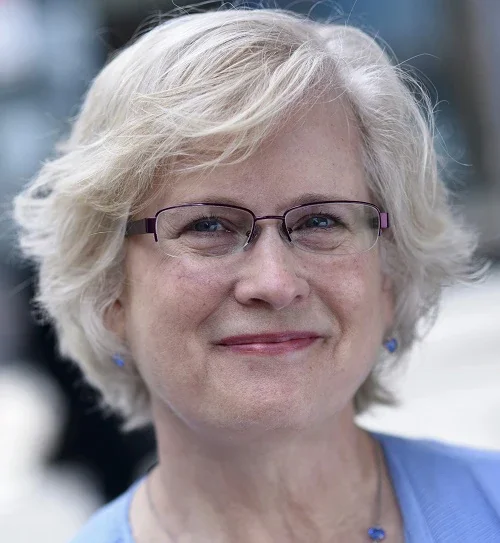If you shipped a package at the UPS Store before working out at Planet Fitness or enjoying lunch at Taco Bell, you're familiar with franchises.
A franchise is a business arrangement that allows someone to do business under another company's name and system. Because franchises offer a tested, turnkey approach to entrepreneurship, they're popular with people who want to own a business without starting from scratch.
If you're wondering whether starting a franchise is right for you, here's some information to help you decide.
How franchising works
The person buying a franchise—the franchisee—pays start-up and annual licensing fees or royalties to the brand—the franchisor—for access to its proprietary processes and branding.
“You will be required to use the franchise's suppliers, recipes, business model, and standard operating procedures from top to bottom," says Andrey Doichev, founder of Inc. and Go.
“It's a business with training wheels," adds Tom Scarda, a certified franchise expert and host of The Franchise Academy Podcast.
Franchising advantages
Franchising offers a number of advantages, but one of the most important is franchisor support. “This comes from corporate representatives and other franchisees who have been in the same shoes and can offer insights from the ground," explains Eric Simon, vice president of franchise sales and development for the Joint Chiropractic.
In addition, the depth and breadth of franchise options make it easy to find the right fit for your interests and preferences. “Whether you want to work in an office, a restaurant, a gym, or something in between, there is probably a franchise that will suit the lifestyle you are looking for," says Jeffrey Zhou, CEO of Fig Loans.
Franchisees also enjoy cost savings through bulk purchasing and an established and efficient supply chain.
Franchising disadvantages
The turnkey approach and support come with a price that some entrepreneurs see as a disadvantage. Initial franchise fees paid upfront typically range from $20,000 to $50,000, although some are less and others are much more.
Franchisee Rob Chamberlin, president of Security 101 San Francisco, says the annual royalties paid to the franchisor also discourage some. “The additional costs associated with a franchise, which typically range from 4 to 10% of revenues, are the main negative with a franchise model," he says.
In addition, franchising leaves little room for innovation or individuality. It's why Casey Allen, CEO of Barista Warrior, decided against it. “I have a creative side that requires some risk-taking," he says. "It's very hard to find franchisors who are willing to take such risks at the cost of their branding."
Always due diligence
Before buying a franchise, spend as much time investigating the franchisor and its concept as you would a business you'd start on your own.
“Look at their five-year survival and growth rate," Zhou says. "Sure, a franchise may have a 97% survival rate, but if they aren't growing, then it isn't a viable investment."
Be certain to talk to current franchisees—and not just those on the list the franchisor provides. Alicia Miller, managing director of Catalyst Insight Group LLC, recommends asking current franchisees questions that range from “Are you making money?" to “How long before you paid back your initial investment?" and “What is the minimum volume of customers needed to break even every month?"
“Understanding how franchisees really feel about the brand, their key pain points, their relationship with the corporate team, and their ideas for improvement are a window to that brand's future," she says.
Franchise disclosure document and franchise agreement
Due diligence includes studying the franchise disclosure document (FDD) and the franchise agreement. The FDD includes 23 items that detail essential information related to the franchisor, its systems, and fees. In contrast, the franchise agreement is a legally binding contract that provides information that's specific to your obligations and franchise, including your franchise territory.
Plan on hiring a franchise attorney to review both.
“Our office typically provides between 35 and 45 points from our FDD review," says franchise attorney Carmen Joseph Marzella. "It calls out if percentages look expensive for the franchisee, if royalties and advertising contributions falls within normal franchise parameters, or if items reported in the FDD seem reasonable compared to other FDDs we review."
Before signing the franchise agreement, Allen says, “Double-check the territory granted to you. Will you have the sole rights for the territory or will it be shared?"
Is a franchise in your future?
“If you want to execute on a proven business plan, not reinvent the wheel, and help build a brand, then franchising could be for you," Simon says.


